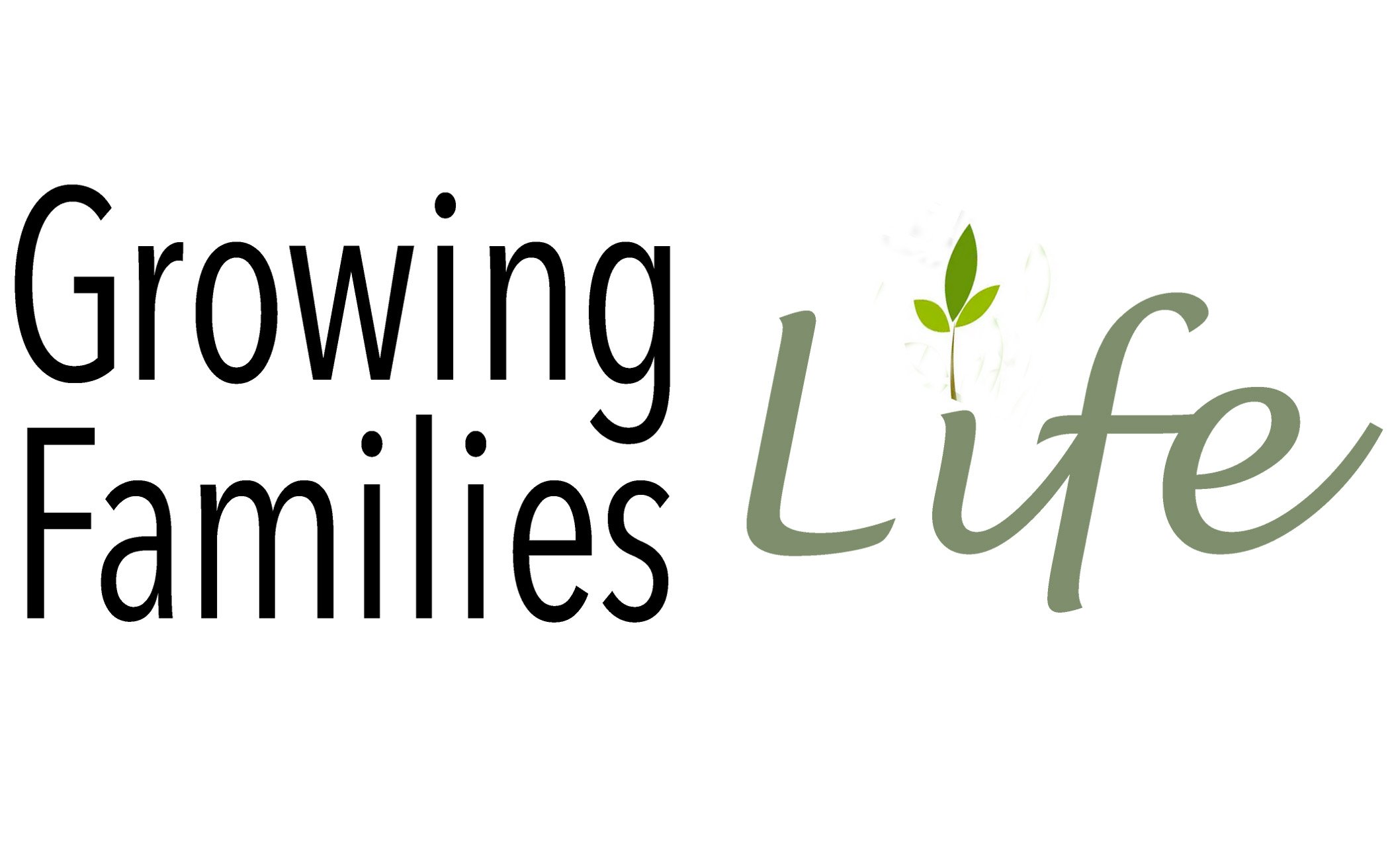Parenting from the Tree of Life - Article
Conscience Training - Moral Warehouse
While the study of the human conscience is less popular than the study of neural wiring or the complex workings of the brain, it is a more important subject to ponder. The destiny of a child’s life is shaped by his conscience. To be quite honest, as parent educators we are surprised by the absence of public teaching on this subject, especially when it comes to child training. We suppose conversation about the conscience could be politically incorrect. It is possible that guilt and shame, two components associated with the conscience, are now socially considered vices of the soul rather than reflectors of moral misconduct. If that is the case, guilt and shame are getting a bad rap.
There are some hard facts about the developing human conscience that every parent needs to understand and act on. It starts with the single fact that parents are the primary architects of the family conscience and of each child within the family. In the beginning, a child has no functioning conscience, no preset scale of values. Before a child can behave morally, the child must learn general concepts of right and wrong and then advance to specific concepts of right and wrong. The home environment is the primary classroom, and parents should be the first teachers.
The conscience is a moral faculty, a guiding voice from within, the faculty or principle by which we distinguish right from wrong. It is the seat of moral testimony. It is that portion of our humanness that receives and reflects values that represent what the mind perceives as morally right and wrong, good and evil. Most importantly the conscience is not something you stir up in a child, rather something you shape in the child—carefully and with purpose.c
When referring to moral training, we are specifically addressing how parents influence the habits of the heart and train their children both in virtues of life and the governing values of the family and society. The activity of moral training has a specific destination within the child. The final stop is a fully shaped, faithfully functioning conscience. Prior to three years of age, moral training centers on controlling outward behavior and pointing the child in the right direction morally speaking. That approach takes priority because prior to three years of age, a child’s intellect has not reached sufficient maturity, nor is it advanced enough to understand how the virtue of “otherness” (putting others first) works. Nor is there sufficient moral self-control to consistently apply virtue. The Me, Myself, and I phase is still operative and continues to be so up through the age of three years.
However, around three years of age, a child’s intellect is sufficiently developed to the extent that he is ready to receive the “why” of moral training. The Me, Myself, and I phase begins a metamorphosis from the dominate “me-ism” to the practical “we-ism.” Emphatic feelings for others start to emerge and virtues begin to make sense. At three years of age, your child is ready to receive basic moral precepts upon which he will build a lifetime of values. . .
To read more purchase Parenting From the Tree of Life or Growing Kids God’s Way
